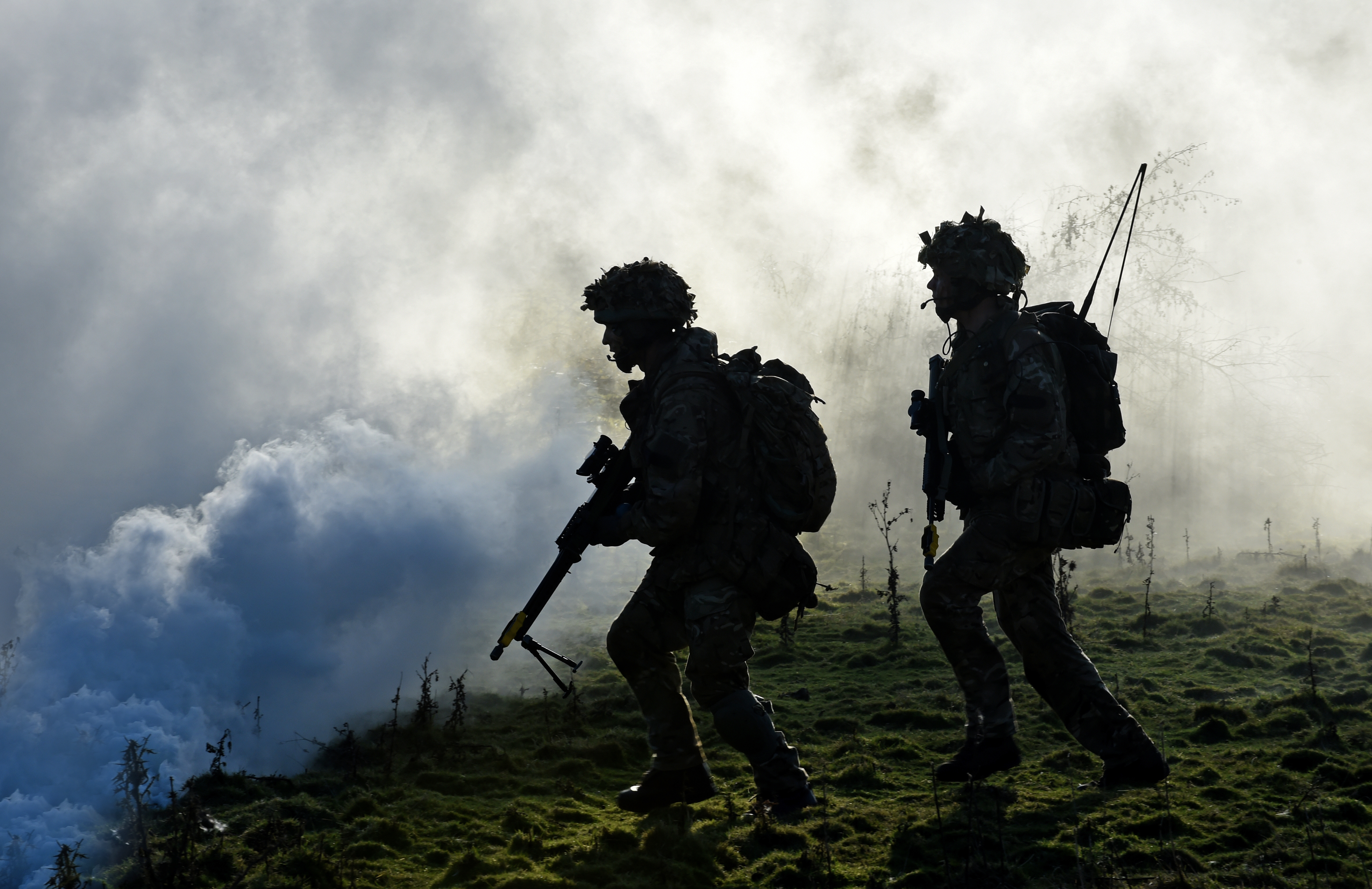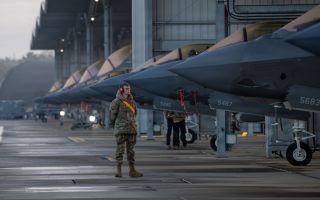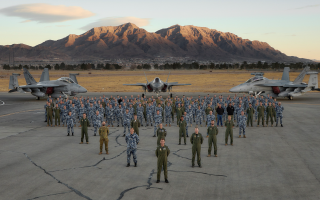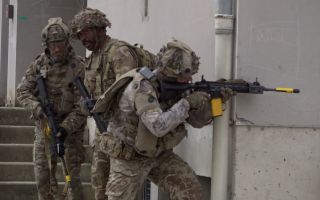
Feeling Of Shame 'Aggravates PTSD In Military Personnel', Research Reveals

New research has revealed that feelings of shame may aggravate the symptoms of post-traumatic stress disorder (PTSD) in current and former serving personnel.
The study, conducted at The University of Tulsa in Oklahoma, surveyed 61 American soldiers and veterans who completed an online survey on PTSD symptoms.
The results, published in the British Journal of Clinical Psychology, showed that both shame and guilt predicted the presence of PTSD.
While the feeling of guilt was defined as being associated with having done something wrong, shame was defined as a belief that one is a bad person, such as “I’m a failure” or “I’m a monster.”
In the article, Dr Katherine C. Cunningham, leading the study, said:
“The military conflicts in Iraq and Afghanistan have resulted in increased awareness of the impact of war on military service members.
"Many returning service members and veterans have been diagnosed with PTSD, which is associated with poorer physical health, unemployment, legal problems, relationship conflict and reduced quality of life."
She added that, while feeling guilty can motivate to repair and strengthen relationships, shame can lead people to withdraw from society.
“The findings of our study provide additional evidence that we should see shame and guilt as distinct emotions with unique roles in PTSD.
"Given shame’s greater importance in explaining PTSD symptom severity, we should pay more attention to understanding and ameliorating it.”
However, another British report recently found that the public overestimates how much the armed forces are affected by mental health problems following their service.
Lord Ashcroft, who represents the Veterans’ Transition Review, said:
"Military service can be dangerous, and those who need help after they have served should get the very best available.
“But the great majority of those leaving the Forces go on to lead normal, healthy, productive lives. (...)
"That is why my report calls for the government to adopt a new approach to changing these misguided perceptions."









